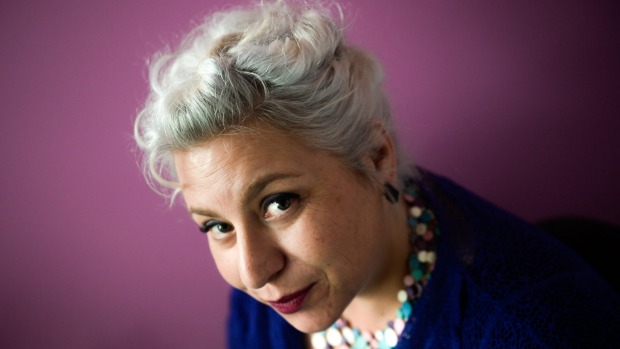
The service that was supposed to help me was recreating my worst horrors. It breaks my heart.
Indigo Daya, quoted in “New Mental Health Advocacy Service to Support Compulsory Patients”, The Age (Miki Perkins)
There’s a story in The Age today about Victoria’s new Independent Mental Health Advocacy service, which includes an interview with me about my own experience of compulsory treatment.
I hope this new service means that people are able to get better choices than I did.
In the article Chris Tovey, the head of Legal Aid’s mental health and disability unit, said ‘The whole experience can be very disempowering, [y]ou have your liberty taken away, your bodily integrity taken away.’
I absolutely agree. And the problem, of course, is that the very last thing we need in the midst of a mental and emotional crisis is to feel we have less power, let alone less safety in our own bodies. Empowerment is one of the central processes of recovery. And choice is one of the central principles of responding to people who’ve experienced trauma.
Like the majority of people who end up as consumers in mental health services, I have a history of childhood trauma. But no-one ever asked about this. My experiences were only seen through the lens of biochemical frameworks. I had a chemical imbalance in my brain. I needed medication to fix me.
There were so many lost opportunities for mental health clinicians to ask about my childhood trauma and to understand my distress. So many lost opportunities to offer me counselling services and peer support that could have helped.
Instead I got forced treatments that recreated my original trauma and actually caused further mental and emotional harm. I have never understood why the Hippocratic Oath seems to be so less relevant in psychiatry compared to other areas of health. But I have hope that we are beginning to change this, in part by speaking our truths about what compulsory treatment means in the lives of real people.
I am lucky that I was able to find healing outside of traditional mental health services. I was lucky that I knew so many extraordinary peers who could give me hope, courage and support. I was lucky that I found the Hearing Voices Movement, and a fabulous, feminist sexual assault counsellor. I’m lucky that I’m still here to tell my story.
But recovery shouldn’t come down to luck. It should be a matter of routine practice. I hope that more advocacy helps to make this a reality.
Originally published 30 September 2015. Re-published 27 April 2019.
Want to read more?
Check out more blog articles and recovery resources or subscribe to my emails.
Comments